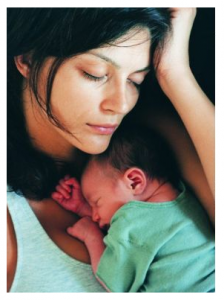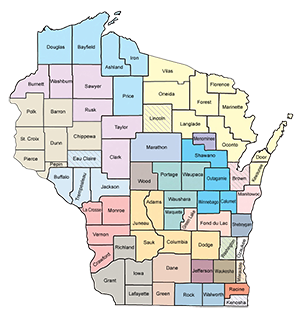 A recent study from The Urban Institute, a nonpartisan economic and social policy research organization fostering sound public policy and effective government, reveals that eleven percent of infants living in poverty have a mother suffering from severe depression.
A recent study from The Urban Institute, a nonpartisan economic and social policy research organization fostering sound public policy and effective government, reveals that eleven percent of infants living in poverty have a mother suffering from severe depression.
“Infants of Depressed Mothers Living in Poverty: Opportunities to Identify and Serve,” (link to abstract and full report) provides a “first-time look at the characteristics, access to services, and parenting approaches for infants living in poverty whose mothers are depressed.” The study, funded by the Doris Duke Charitable Foundation as part of an Urban Institute project identifying service strategies to help connect depressed mothers with treatment, found that:
- Eleven percent of infants living in poverty have a mother suffering from severe depression.
- Evidence suggests that depression can interfere with parenting, potentially leading to poor child development—setbacks that are particularly devastating during infancy.
- Compared with their peers with nondepressed mothers, infants living in poverty with severely depressed mothers are more likely to have mothers who also struggle with domestic violence and substance abuse, and who report being only in fair health.
- Infants living in poverty with depressed mothers receive similar prenatal care as their peers whose mothers are not depressed, but they are breastfed for shorter periods of time.
- Even though depression is treatable, many severely depressed mothers do not
- Many depressed mothers living in poverty are already connected to services, such as WIC, health care services, food stamps, and TANF. Every contact is an opportunity to identify depression and help parents seek treatment.

